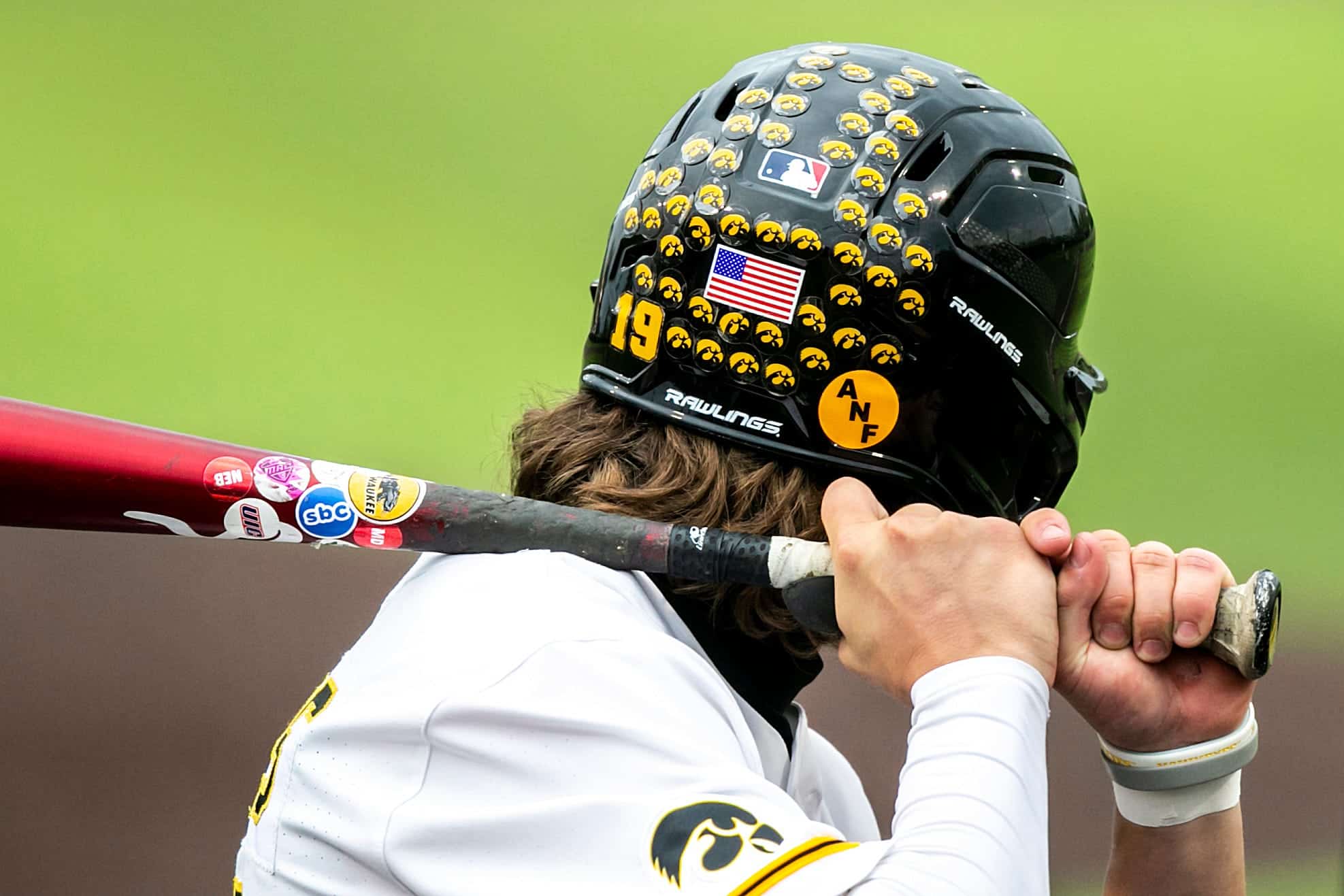On Monday, the University of Iowa and Iowa State announced that the state’s gambling commission had launched an investigation into at least 41 current athletes and one University of Iowa athletics employee for “potential criminal conduct related to sports wagering” and potential NCAA violations.
But the allegations do not appear to have been related to point-shaving, match-fixing, or other game outcome-related activities, sources have confirmed to Front Office Sports. The nature of the wagering scandal was first reported by The Action Network.
“What’s happening in Iowa is totally different than what went down in Alabama,” one source said. Last week, Alabama baseball coach Brad Bohannon was fired after evidence surfaced he had placed two bets on the Crimson Tide — and multiple states had shut down betting on the team as a result.
FOS could not confirm the exact nature of the Iowa and Iowa State allegations, but there could be a few possible scenarios.
For example, it would be against Iowa state law for an athlete under the age of 21 to participate in sports betting, regardless of who they’re betting on or what type of information they may possess.
Like the more than 30 that offer some form of legalized sports betting, the sportsbook that operates in Iowa must verify an account to ensure the bettor is at least 21 and, using geolocation, that each bet is placed within the state.
Where the bets were placed is part of the investigation, one source said. GPS location was thought to be a factor in the six-game suspensions of Detroit Lions receivers Stanley Berryhill and Jameson Williams that were announced last month. (NFL players can place bets on non-NFL games as long as those bets aren’t placed while at an NFL or team facility.)
The NCAA has much stricter rules than the NFL, however. NCAA rules prohibit athletes or athletic department staff from gambling on any sport that the NCAA sponsors at any level. That includes something as innocuous as entering a March Madness bracket pool.
“Legalization is way ahead of education,” Matthew Holt, president, and CEO of U.S. Integrity, told FOS. “In North America where everything just moves so fast. Which league or conference or school actually knows the rules in 36 states and 40 tribal jurisdictions when they’re all different? So I think there’s a pretty strong understanding that there needs to be more education and awareness.”
Two sources from within the sports betting industry told FOS how these investigations typically arise:
- A sports gambling operator sees a name of an athlete who placed a bet, and alerts the conference, league, integrity operators or other authorities.
- The state agency charged with policing gambling get a tip about athletes placing bets, which leads to a targeted probe of a team.
- Somebody with intimate knowledge of an athlete’s betting activity contacts regulators.
The University of Iowa said in a statement that it was notified of the investigation on May 2, and received a list of those “alleged to have participated in sports wagering.” One university employee and 26 current athletes were named. Iowa State said that on its side, 15 current athletes were named. Both were across multiple men’s sports.
The Iowa scandals are much less severe than that involving the Alabama baseball team because the Alabama games’ integrity could have been compromised.
Last week, the Ohio gambling commission shut down all wagering on Alabama baseball games after two suspicious bets were placed at a BetMGM on an Alabama-LSU matchup. Multiple states followed.
The team then fired coach Brad Bohannon, who was found to have been communicating with a person placing bets at the time. There were reportedly no athletes involved in Alabama’s scandal.






![[Subscription Customers Only] Jun 15, 2025; Seattle, Washington, USA; Botafogo owner John Textor inside the stadium before the match during a group stage match of the 2025 FIFA Club World Cup at Lumen Field.](https://frontofficesports.com/wp-content/uploads/2026/02/USATSI_26465842_168416386_lowres-scaled.jpg?quality=100&w=1024)
![[Subscription Customers Only] Jul 13, 2025; East Rutherford, New Jersey, USA; Chelsea FC midfielder Cole Palmer (10) celebrates winning the final of the 2025 FIFA Club World Cup at MetLife Stadium](https://frontofficesports.com/wp-content/uploads/2026/02/USATSI_26636703-scaled-e1770932227605.jpg?quality=100&w=1024)









